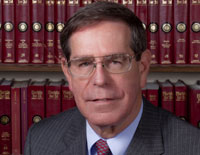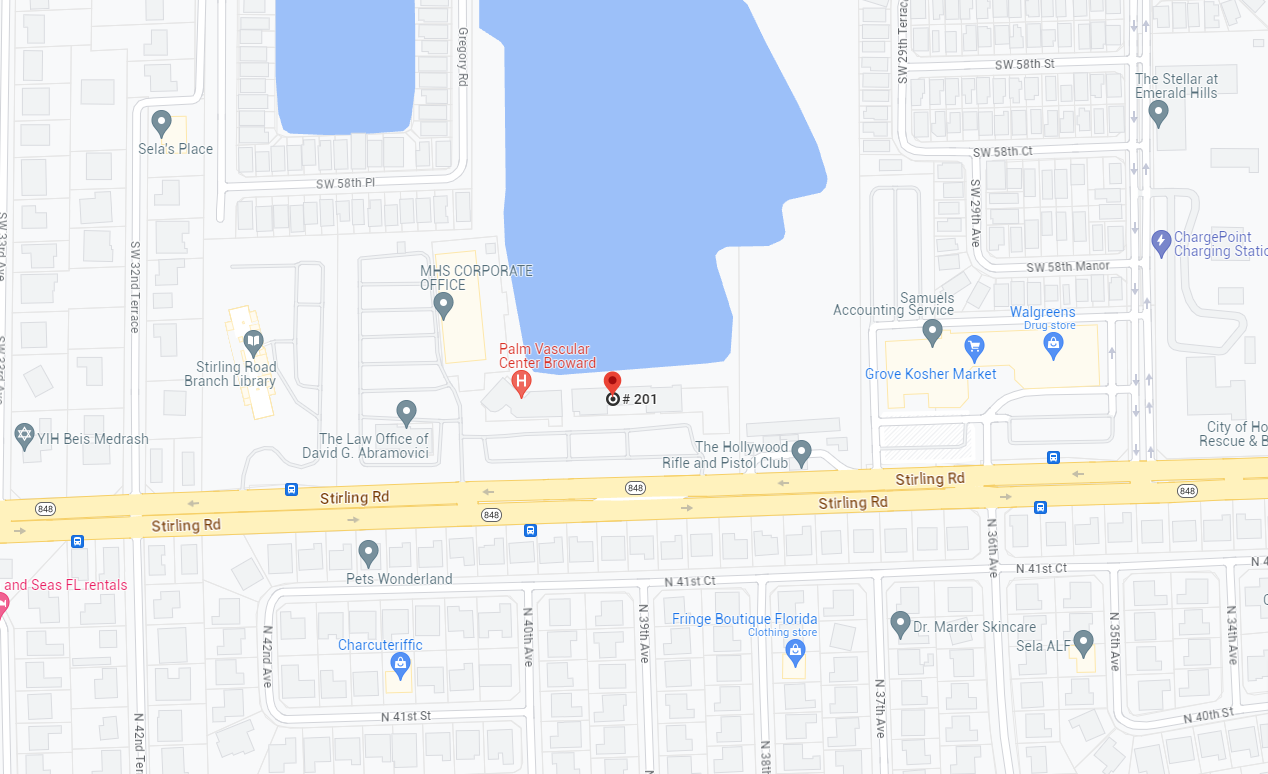First DCA Decision Affects Rights of Church Congregations to Take Church Property
By: E. Scott Golden
A recent decision by one of Florida’s five appellate courts has opened the door for religious denominations to claim that real estate originally purchased for the denomination should stay in the denomination. This decision heralds a change in the way property purchased for religious purposes is viewed.
Background
In Florida (as in most states), churches (and other religious organizations) are divided into two categories for purposes of property issues. They are either hierarchical (in which the denomination has a single, centralized government, such as the Roman Catholic Church, the United Methodist Church, and the Assemblies of God), or they are congregational (in which each local congregation is autonomous, such as Southern Baptist churches, Congregational churches, and most Jewish synagogues).
Hierarchical churches typically own the assets of the denomination through the trustees of the various churches. In order to enforce that ownership, the denomination usually requires that deeds of land that are acquired for church purposes include language requiring the property to revert to the denomination in the event that the church leaves the denomination. When the proper language is used, the denomination’s property is protected (for the use of the denomination).
Many hierarchical churches don’t enforce the use of such language, either because they don’t understand the need to do so or they don’t have attorneys that are aware of the denominational requirements to include the proper language in their deeds. Failure to include such language can cause a problem regarding the ownership of the property in the event that the pastoral staff of a church leaves the denomination and attempts to take the land with it.
There are two major exceptions to the right of a denomination to claim property owned by one of its churches. First, many denominations are congregational, not hierarchical. Although their churches may share the mutual benefits of a denomination, each church is legally its own and is not subject to any oversight. Whoever owns title to the church property for that type of church (either the trustees of an unincorporated religious association or the board of directors of a corporation) has authority over the church property. The board of directors, often controlled by the pastoral staff, can leave the denomination and take the property. The denomination has no rights in or control over the property.
The second exception to denominational control of the church property is when the property is placed in a corporation. In that case, unless the deed to the property has the language that says that the property reverts to the denomination in the event that it is no longer being used for denominational purposes, the board of directors of the corporation has complete authority to control the property. Again, because pastorals often have significant input over the members of the board of directors of the corporation that controls the church property, a pastor can decide to leave the denomination and take the property with him.
Recent decision
In the recent court decision, the church’s real estate was owned by a corporation that was controlled by a church that left its denomination. Furthermore, the deed to the property did not include language that the property was to revert to the denomination in the event that the church left the denomination. Notwithstanding these legal reasons to allow the church-controlled corporation to remove the property from the control and oversight of the denomination, the First District Court of Appeal for Florida (the appellate court for North Florida) ruled that, because the property was purchased by a church that was part of the denomination, and in agreement with the denomination’s right to the property when the property was originally purchased, it was the denomination’s property. Therefore, when the church left the denomination and became independent, it had no right to retain control of the property.
Effect
Although the recent decision technically involves only one of the five appellate districts in the State of Florida, there are a couple of effects that are important. First, if a church attempts to pull out of a hierarchical denomination, then, even if its deed does not contain the language causing the property to revert to the denomination, it is possible that the property may still be salvaged for the denomination. Second, without this decision, it was very easy for incorporated churches to leave a denomination and take the property with them. Denominations may now have the right to control the property even in those circumstances. Therefore, although incorporation of churches is still not the best choice for property protection, and there is no certainty that this particular decision will be uniformly applied in every situation, the courts may be moving in a direction that would make it easier in the future for denominations to retain properties that were purchased with donations of the members of the denomination.
If you have any questions about the law affecting church property in Florida, contact a Fort Lauderdale church lawyer for church and charitable law questions online, or call us at 954-764-6766 to schedule an appointment.










